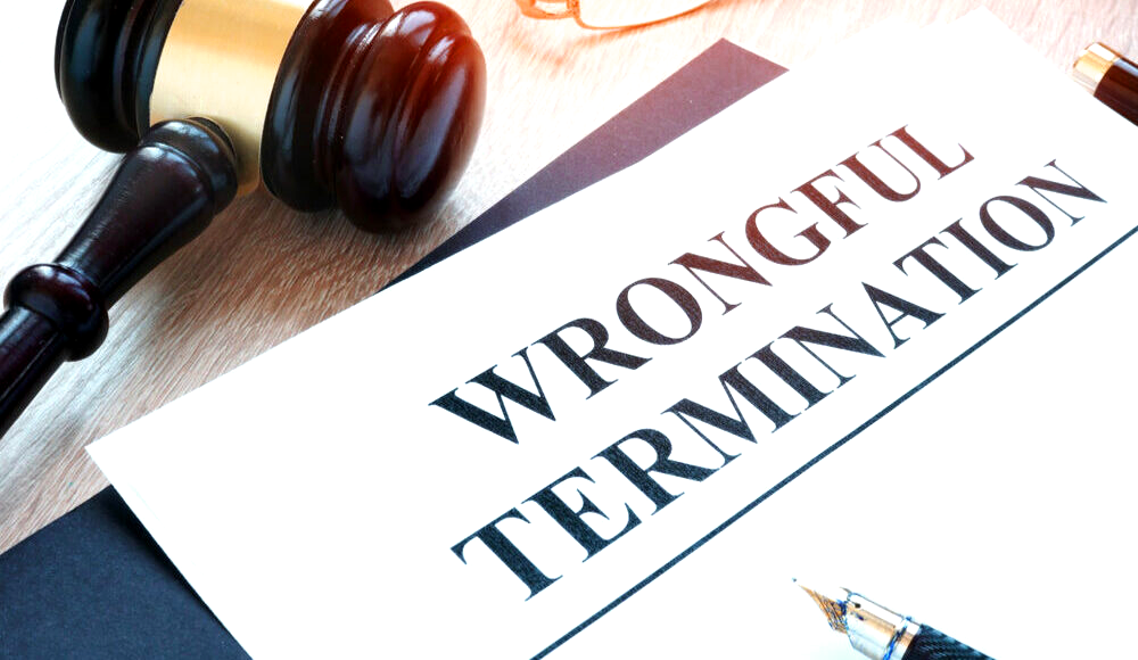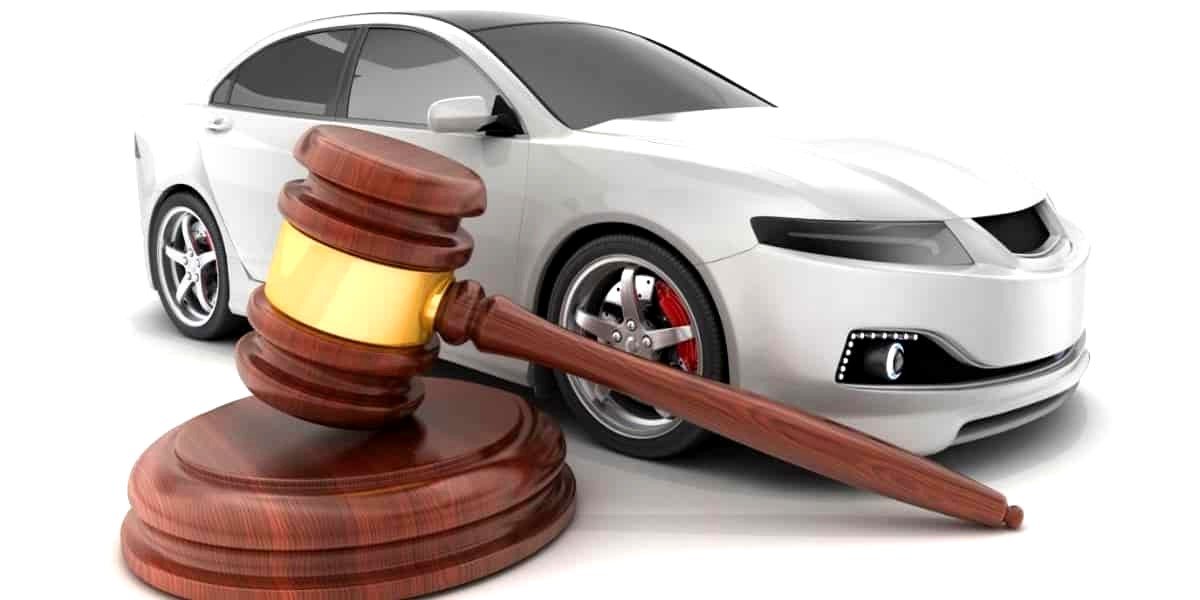Reasons Why a Personal Injury Lawyer Might Refuse a Case

Even if a client asks for your help, it doesn’t mean you have to do it. It will help you use your judgment when deciding which cases and clients to take. This might not make sense to law students and new lawyers, who are usually eager and full of hope. After all, many law students want to help people and make a positive difference in the world around them.
But as a personal injury lawyer, there are some reasons why you might decide not to take a case.
As a personal injury lawyer, you help people who were hurt in an accident that was mostly or not their fault. You could offer a free consultation to get people into your business. This could give them a chance to find out what their legal options are. It can also help you determine if it’s a case you’d be interested in taking on by showing you the case’s strengths and weaknesses.
Liability is Unclear, or the Client Shares Too Much Blame
This is probably obvious, but it’s important to say: No one will want to take responsibility for an accident. People will point fingers. Someone will be to blame. That’s because whoever did it must pay for the damage it caused. At the same time, being partly to blame for an accident can make it hard or impossible for victims to get their money back.
After an accident, there are three ways to decide who was at fault. Ultimately, it comes down to the state where the accident happened. Contributory fault rules only exist in a few forms. Those keep people from getting paid if they were even a little bit to blame for their accidents or injuries.
So, even though they were only 1 per cent to blame, they won’t be able to get any money from the other people who were also to blame. Remembering this is very important if you work in a state with contributory fault rules. Your fee depends on how much money you can return to your client. If they don’t get anything, you won’t get anything either.
Most states, including Florida, have rules based on pure comparative fault. Under these, a victim can still get compensation even if they are partly to blame. But their financial award needs to be revised to account for their actions. So, if a client is found to be 30% to blame for an accident, they will only be able to get 70% of their damages back.
If it looks like a client did a lot to cause their injuries, they may not be able to get much money back. Remembering this would help because your fee depends on how much the client receives.
Comparative fault rules have been changed in other states. In those states, the victim can’t get money back if they are mostly to blame for an accident. Most states have a 50 or 51 per cent mark. Clients can still earn money if they share some blame, but not more than 50 or 51 per cent. But that award will still be less because of what they did to cause the accident.
A Conflict Prevents You From Taking a Case
As a lawyer, you have to follow specific rules of ethics. Even though each state has its own rules for how professionals should act, they all mostly follow the rules of the American Bar Association. Rule 7.1 says, “A lawyer may not represent a client if the lawyer has a conflict of interest with the client.”
Unless there is an exception, there is a conflict of interest if:
- If you took on one client, it would hurt one of your other clients; or
- If you took on this new client, you would have less time to help another client, a former client, a third party, or your interests.
You might want to avoid taking on the new client if either seems like a problem. It can put them in touch with someone else who can help them and give them legal advice.
Read More: Top 15 Best Lawyers for Car Accidents in UK – [Ultimate Guide 2023]
Other Lawyers have Already turned Down the Client in Town.
This doesn’t mean you shouldn’t take a case because another lawyer down the street turned it down. That other lawyer might have been too busy or had a conflict that made it impossible for them to help. This means that you should ask clients if they have asked other lawyers for help and, if so, how often. Getting one, two, or even three opinions on a case is great for clients. But when clients knock on every door in town and get turned down, that’s a warning sign.
It would help to consider why so many other lawyers have turned down the case. Is it because the estimated value of the settlement is low? Do those other lawyers know things the client didn’t tell you because they thought you might also say “no”? You should go with your gut if something doesn’t feel right.
It’s Just Not Your Area of Expertise
There are a lot of different areas of law that make up personal injury lawyer. They all deal with the same basic idea: Someone got hurt because someone else wasn’t careful. They can also be very different, though. There are cases of car accidents, property liability, medical malpractice, workers’ compensation, and product liability. There are even cases involving sexual assaults or violent attacks that involve personal injury.
You can handle some of these, even as a personal injury lawyer. Some do. But some focus on one or a few areas of a personal injury lawyer. By doing this, you can show clients that your practice is focused and, as a result, that you have a lot of experience with cases like theirs. Narrowing your focus can help you become known as the lawyer to go to for those kinds of issues.
If someone comes to your office with a case you don’t usually take, you might decide it’s not for you. It might not be in your or the plaintiff’s best interest for you to take it on. In those situations, you can send the client to someone who specialises in cases like theirs. They’ll be grateful, and you can focus on practising law in the areas you like best.
You Don’t Have Time
It’s essential to make sure you take on only a little. You want to be able to concentrate on and do your best work for your clients. If you have too many clients, it might be hard to do that. This is especially true if you work for a small firm or have your practice. Large firms can benefit from having a lot of support staff and lawyers who can all help with the work.
If it’s just you and a few others, you’ll need to consider how much time you can spend on each case. You want to avoid taking on a new issue, getting too busy and letting essential details slip through the cracks. It’s crucial to have good representation, especially at the beginning. Remember how important word of mouth and referrals from clients are. They can help you a lot as you build a career as a lawyer.








2 Comments